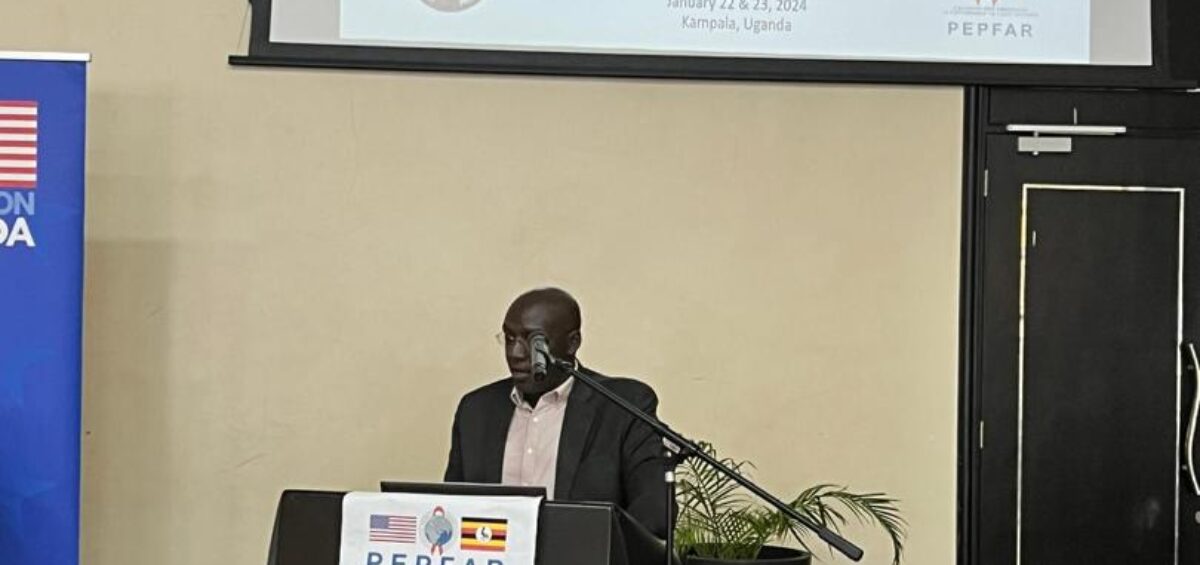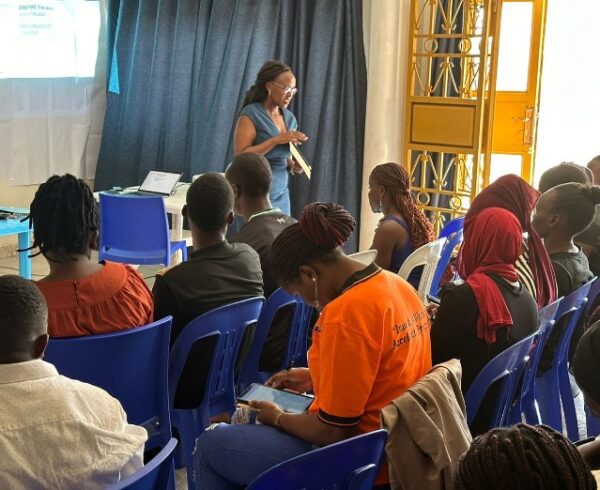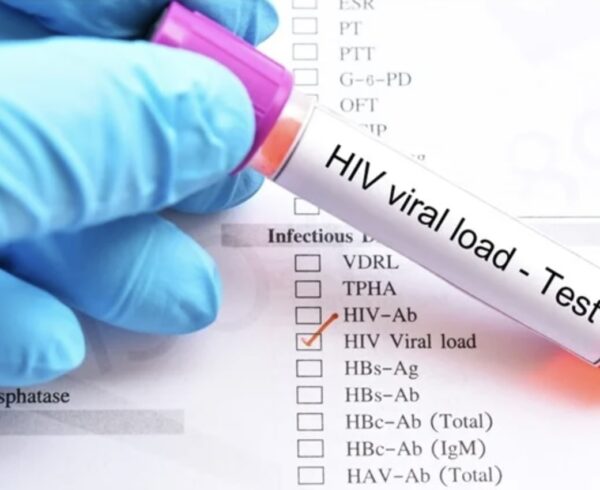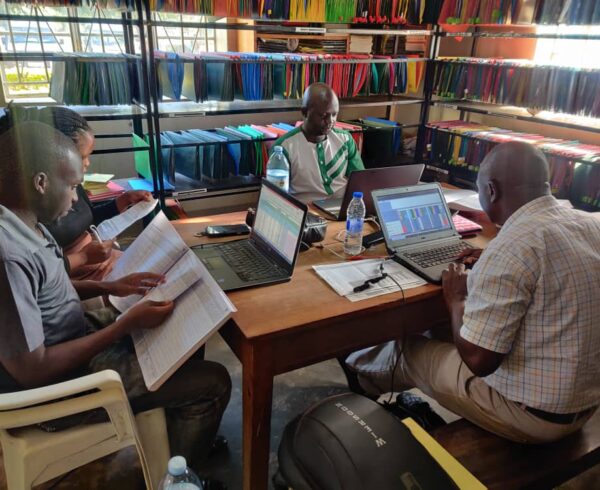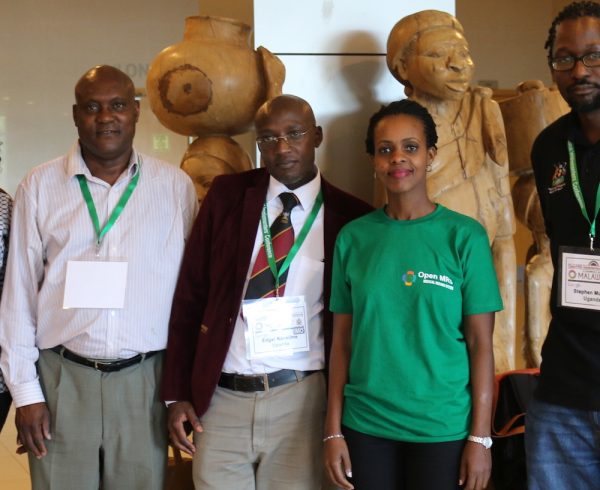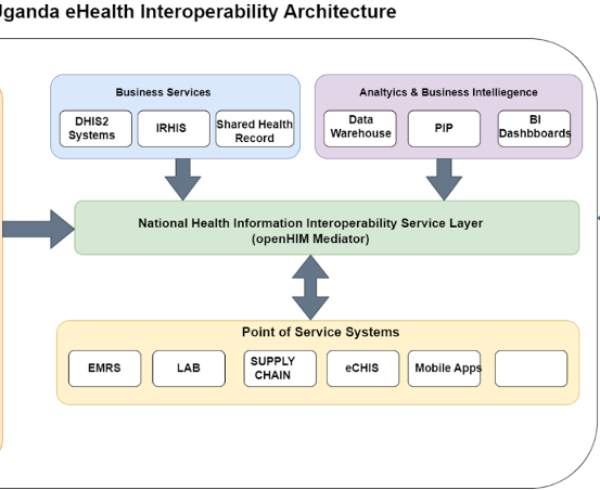The annual PEPFAR Science Summit is a United States – Uganda Mission-led platform that brings together U.S. government researchers, Uganda’s Ministry of Health, and the U.S. Government’s implementing partners (IPs) in Uganda to share new scientific research to inform the implementation of HIV and TB programs and related policies. The sixth annual summit took place from January 22nd to 23rd, at Mestil Hotel and Residences,Kampala.
Themed “Following the Science to Epidemic Control” the summit aimed at disseminating key findings from recent HIV, TB, and related scientific research as well as discussing the implications for national programs, including for the PEPFAR Country Operating Plan. Over the two-day summit, presentations broadly focused on care and treatment, case-finding, and prevention programs. The summit was attended by delegates from the Ministry of Health, the Uganda AIDS Commission, implementing mechanisms, and the U.S. government with the U.S. Ambassador to Uganda, William W. Popp as the chief guest.

In his opening remarks, Ambassador Popp highlighted the fast-changing resource landscape and advocated for increased country ownership of HIV programs through increased domestic funding and sustained political engagement. He also urged stakeholders to pay attention to the data that shows the harmful impact that policies have on epidemic control and was pleased to note that the summit would feature data from a recent assessment of the legal environment.
Representing the Ministry of Health, Dr. Cordelia Katureebe, the HIV care, and treatment coordinator recommended a synthesis of the evidence presented at the summit. She emphasized that this would prompt a deeper analysis of the HIV and TB programs to explore misalignments. Dr. Cordelia also raised concerns about sustainability and data use at all levels of the health system, especially by frontline health workers.
“How do we engage our district teams and facility staff to use this data and follow the science for sustainability? At the program level, we want to see more frontline health workers presenting this information”. -Dr. Cordelia Katureebe, MOH
METS had the privilege of making three presentations to share the implementation experience of HIV case-based surveillance and highlight gains from the 2022/2023 TB/HIV Quality Improvement collaborative. The team also presented preliminary findings on using machine learning techniques to identify clients at high risk of disengagement from care and those unlikely to achieve viral suppression. The presentations were as follows:
- Implementation experiences of HIV Case-Based Surveillance – Dr. Edgar Kansiime
- Using Machine Learning to Predict ART Interruptions & Viral Load Suppression -Alex Mirugwe
- Improving TB/HIV Clinical Care Outcomes through a National TB Quality Improvement Collaborative in Uganda -Dr. Flavia Nakanwagi.

